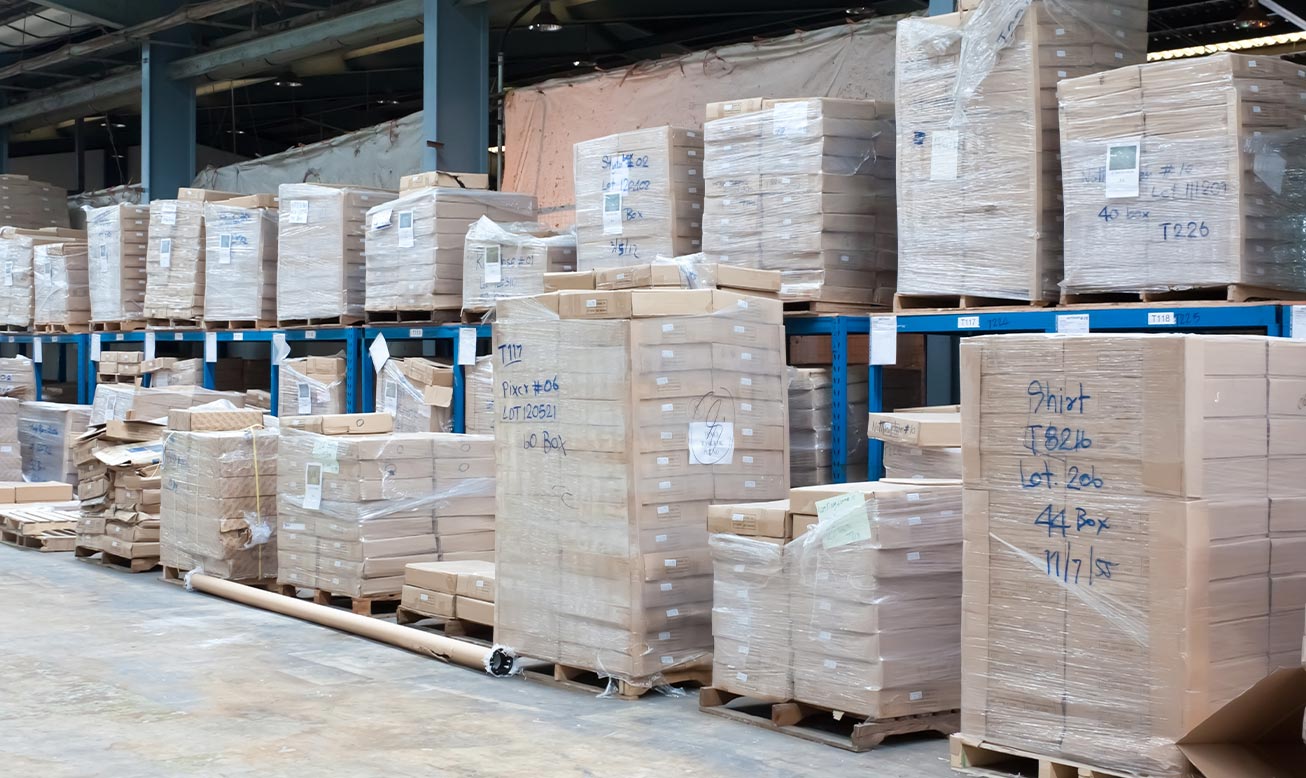Exploring Logistics Powerhouses:
Charlotte, North Carolina
Charlotte, North Carolina
Charlotte plays a vital role in the smooth movement of freight across the southeastern United States. With its strategic location and excellent connectivity to nearby and distant cities, businesses of all sizes can rely on Charlotte for efficient and dependable freight services. By leveraging this key transportation hub, companies can seamlessly transport their goods, bypass unnecessary delays, and ensure smooth operations.
Why Charlotte is Integral to Domestic Logistics
Why Charlotte is Integral to Domestic Logistics
Prime Geographical Location
Charlotte, North Carolina, is strategically located in the southeastern United States, making it an integral hub for domestic logistics. Its privileged geographical location allows for efficient transportation and distribution across the country. At the intersection of major highways like I-77 and I-85, Charlotte is within a 650-mile radius of over half the U.S. population, providing unparalleled access to key markets. This accessibility is a significant advantage for Charlotte logistics companies, enabling them to serve a vast area quickly and efficiently.
Infrastructure Marvels
Charlotte’s infrastructure is a marvel of modern logistics, supporting a robust network and making it a prime location for freight movement. The city boasts a well-developed transportation system, including the Charlotte Douglas International Airport, one of the busiest airports in the country. This airport is a crucial node for air freight, connecting Charlotte to international markets and facilitating the rapid movement of goods.
Additionally, Charlotte has a sophisticated rail network, with two major railroads, Norfolk Southern and CSX, providing comprehensive rail services. These railroads link Charlotte to ports on the East Coast, such as Charleston and Savannah, further enhancing its connectivity. The extensive highway system and rail and air links position Charlotte as a vital logistics hub.
Logistics Data Insights
The logistics sector in Charlotte is bustling with activity, handling millions of tons of freight annually. In 2023, more than 300 million tons of cargo moved through the Charlotte region, underscoring its importance in the national freight system. This volume is expected to grow as demand for efficient logistics solutions increases.
Truck deliveries are the most commonly requested transportation services in Charlotte. The city is home to numerous trucking companies that manage a vast fleet of trucks, ensuring timely and reliable delivery of goods. The prominence of Charlotte trucking companies highlights the city’s role as a central node in the nation’s logistics network.
How Weather Impacts Freight Shipping
While the region enjoys a relatively mild climate, infrequent severe weather events like hurricanes and winter storms can disrupt logistics operations. However, Charlotte logistics companies have developed robust contingency plans to mitigate these disruptions, ensuring continuity of service even during adverse weather conditions.
Unique Features of Charlotte
Unique Features of Charlotte
Logistics Innovations
Charlotte stands out for its logistical innovations, making it a significant player in the industry. The city is home to advanced logistics technologies and practices that enhance efficiency and reduce costs. For instance, Charlotte logistics companies leverage state-of-the-art warehouse management systems (WMS) and transportation management systems (TMS) to streamline operations. These innovations enable real-time tracking, optimized routing, and efficient inventory management, providing a competitive edge in the logistics sector.
Furthermore, the rise of e-commerce has stimulated growth in Charlotte warehousing and distribution centers. Companies like Amazon have established large distribution centers in Charlotte, enhancing the city’s capacity to handle high volumes of goods and meet the demands of e-commerce fulfillment.
Business-Friendly Environment
North Carolina offers a business-friendly atmosphere that attracts logistics companies and supports their growth. Charlotte’s pro-business policies, the favorable low corporate tax rate of 2.5%, and the availability of skilled labor make it an ideal location for logistics operations. Additionally, many economic development initiatives, such as the Charlotte Regional Business Alliance, actively promote the logistics sector and provide resources for businesses to thrive.
Cultural Richness
Beyond its logistical significance, Charlotte is rich in culture, offering a vibrant environment for residents and visitors. The city’s cultural scene includes renowned museums like the Mint Museum and the Bechtler Museum of Modern Art, as well as a thriving music and performing arts community.
Also known as “the Queen City,” Charlotte is the largest city in North Carolina. Its rapidly growing population of 886,000 includes an increasing number of millennials and retirees choosing to make the city their home.
Prospects and Future Growth
According to industry forecasts, Charlotte’s supply chain demand is expected to increase significantly over the next decade. This growth will be driven by factors such as the expansion of e-commerce, increased global trade, and the continuous need for efficient logistics solutions.
With more than 320 trucking firms, 100 distribution centers, 3,200 miles of railway, and one of the largest airports in the country, the Charlotte region’s logistics industry is thriving and expected to grow.
Moreover, the rise of green logistics is set to transform the industry in Charlotte. Companies are adopting more and more sustainable practices, such as using electric trucks and optimizing routes to reduce carbon emissions. These initiatives align with Charlotte’s broader sustainability goals and will be crucial in shaping the future of logistics in the region.
As the industry continues to evolve, Charlotte is well-positioned to remain a key player in the national and global logistics landscape. No matter the size or type of cargo, we get the job done right every time. At Last Mile Logistics, we have over 150 years of combined experience in supply chain solutions. With our extended network of freight partners, we are the ideal carrier.
What services do we provide in this area?
What services do we provide in this area?
At Last Mile Logistics, we deliver a wide range of freight services that will help your business to grow. From expedited shipping to white glove services, we will be your logistics partners along the road.
Superior results through technology
One the greatest challenges today is sourcing capacity that fluctuates with demand in the marketplace. As an intermediary, we carefully consider the qualifications of the truck equipment operators we contract with to service our shipper clients’ needs.
LAST MILE LOGISTICS logisticians rely on their experience and use of proprietary technology to manage and move every shipment. And because shipper clients require a practical risk management approach to doing business, LAST MILE LOGISTICS is one of few brokers that has Primary Truck Broker Liability Insurance ($2 Million policy).

Find your next shipping partner, watch to learn how Last Mile Logistics can improve your business shipping logistics
Find your next shipping partner, watch to learn how Last Mile Logistics can improve your business shipping logistics
Affiliations & memberships
Affiliations & memberships
We maintain strategic partnerships with like-minded organizations that help improve safety, efficiency, and value for the customer.
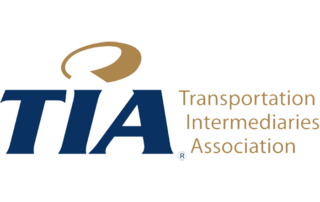
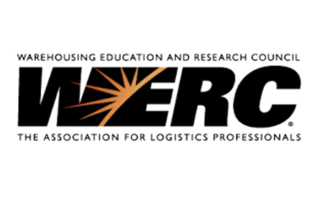


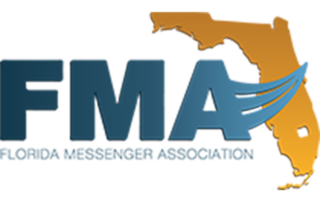
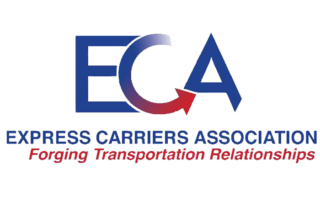
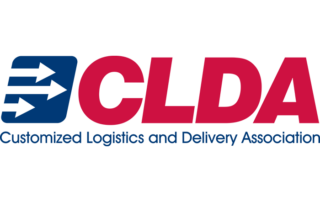

Latest articles
5 Simple Rules in Logistics Customer Service
The rules of good customer service in logistics circle around effective communication, reliability, adaptability, and a customer-centric approach.
Is Logistics Becoming a Tech-Driven Industry?
Technology and logistics are inseparable today, with innovations reshaping how freight is stored, transported, and delivered.
Time to Change Your 3PL? Here’s Why You Should Trust Us
When to switch to third-party logistics? The moment you notice inefficiencies in your supply chain!
Looking for a shipping partner?



